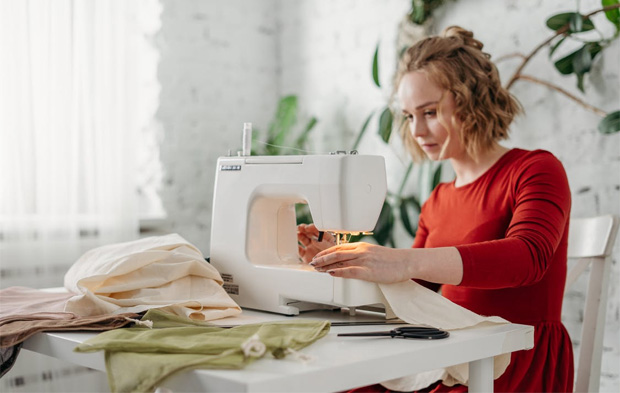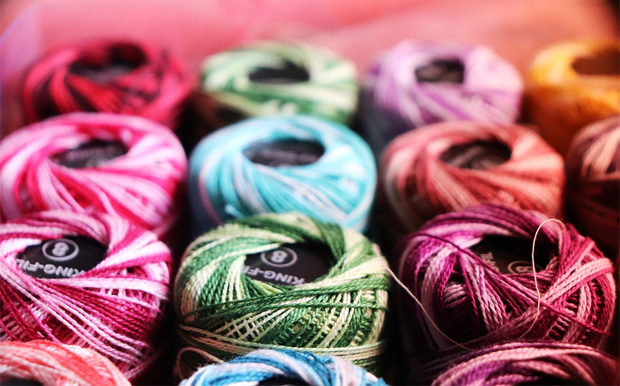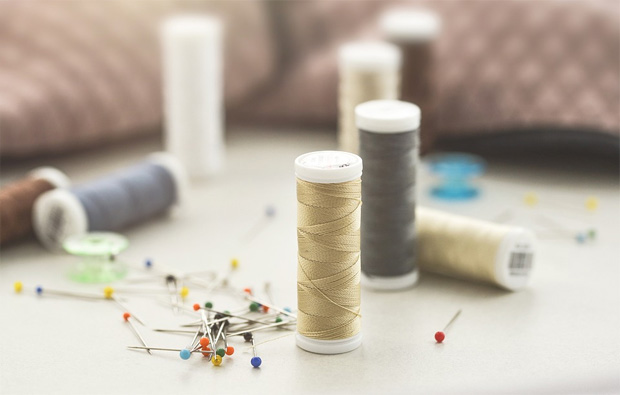A Beginner’s Guide To Sewing That Will Help You Learn Faster

A Beginner’s Guide To Sewing That Will Help You Learn Faster
Sewing is the process of joining two or more pieces of fabric together with a needle and thread. It can be used to create clothing, curtains, quilts, and a whole host of other items. Sewing is a skill that can be learned at any age, and with a little practice, you can become an expert seamstress.
There is no wrong or right way to sew, but there are definitely some techniques and tips that will help you become a faster and more proficient sewer. Here are a few beginner’s tips to help you get started with your new hobby:
1) Choose the right needle
When you start sewing, it’s important to choose the right needle for the job. There are different types of needles for different fabrics and purposes. A standard needle is good for most fabrics, but you may need a specialty needle for more delicate fabrics or heavier materials.
Additionally, there are also different types of needles for different types of stitching. If you’re just starting out, it’s a good idea to use a simple straight stitch. As you become more proficient, you can experiment with other stitches such as zig-zag or buttonhole.
For example, if you’re sewing thick material like denim, you’ll need a heavy-duty needle. But if you’re working with a delicate fabric like silk, you’ll need a finer needle.

2) Choose the right thread
Like needles, there are also different types of thread for different fabrics and purposes. If you’re using a thick material, you’ll need a heavy-duty thread. But if you’re working with a delicate fabric, you’ll need a finer thread.
It’s also important to match the color of your thread to the fabric. This will ensure that your stitches are less visible. Also, be sure to use a thread that is strong enough to hold the fabric together. A weak thread will break easily and cause your seams to come apart.
3) Pre-wash your fabric
Before you start sewing, it’s important to pre-wash your fabric. This will remove any shrinkage that may occur during the washing process. Additionally, it will also help to set the color of the fabric so that it doesn’t bleed when you wash the finished garment.
For example, if you’re sewing a shirt from cotton fabric, you’ll need to pre-wash the fabric before you start cutting and sewing. This will ensure that the shirt doesn’t shrink when you wash it later.
4) Pick a good sewing machine
If you’re serious about learning to sew, you’ll need a good sewing machine. If you are a beginner sewer, picking a good machine will save you a lot of time and frustration. It’s important to find a machine that is easy to use and has all the features you need.
For example, if you’re just starting out, you might want to look for a machine that has a built-in needle threader. This will save you a lot of time and frustration when you’re trying to thread the needle. Additionally, you might also want to look for a machine that has an automatic buttonhole feature. This will make it easier to sew buttonholes without having to do them by hand.

5) Take your time
When you’re first starting out, it’s important to take your time and sew slowly. This will help you get a feel for the fabric and the sewing machine. Additionally, it will also help you avoid making mistakes. As you become more proficient, you can start sewing faster. However, it’s still important to be careful and avoid making mistakes.
6) Practice, practice, practice
The best way to become a better sewer is to practice as often as you can. Sewing is a skill that takes time and patience to master. The more you sew, the better you’ll become at it. Additionally, you can also practice by taking sewing classes or watching sewing tutorials online.
7) Get help when you need it
If you’re having trouble with a project, don’t be afraid to ask for help. There are many resources available to help you learn how to sew. You can ask a friend or family member for help, or you can look for sewing classes in your area. Additionally, there are also many online sewing forums where you can ask for help from other sewers.
By following these tips, you’ll be well on your way to becoming a proficient sewer. Sewing is a great skill to have and can be very rewarding. So, don’t be discouraged if it takes some time to master. With a little practice, you’ll be sewing like a pro in no time!
Author: Allen Brown.





